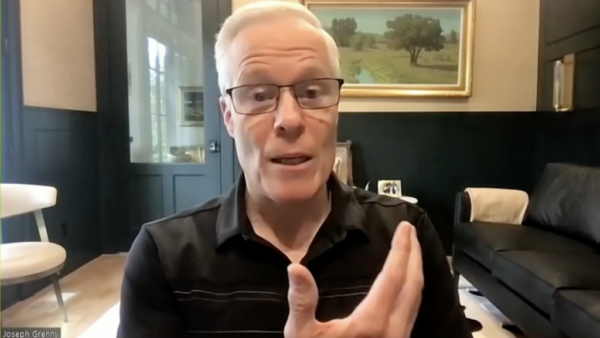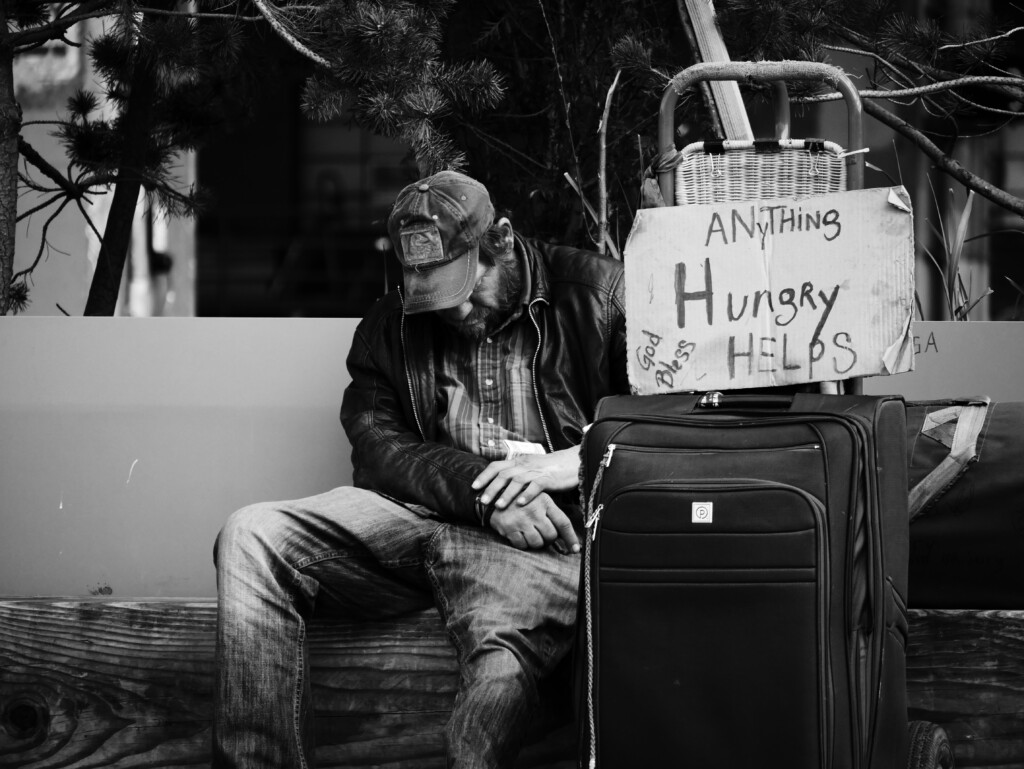In this episode of Utah’s Stories, host Rich discusses the issue of affordable housing and interviews Joseph Grenny, the founder of The Other Side Academy. This non-governmental organization helps drug addicts and felons rebuild their lives. Rich criticizes government support for homeless resource centers, claiming that they attract crime and drug activity due to the lack of work requirements for residents. He argues that work provides dignity and self-esteem and builds communities. Rich also criticizes the government’s approach to solving the housing shortage, suggesting corrupt relationships between developers and politicians hinder effective solutions. He advocates for alternative housing options such as tiny homes and highlights the success of Helper, Utah, in renovating buildings to provide more affordable housing. The episode also features discussions on flood preparedness, developments in Helper, and other local events. The episode emphasizes the importance of affordable housing and the need for innovative solutions beyond government intervention.
Addressing Addiction, Homelessness, and Solutions
The challenges of addressing addiction, homelessness, and the need for comprehensive solutions are discussed. Joseph highlights the importance of helping individuals learn to live without drugs and emphasizes the value of practice in achieving this goal. The Other Side Academy is mentioned as an example of an organization that offers practical learning opportunities through various businesses and fosters a strong sense of community.
Joseph criticizes the current funding model for therapeutic interventions, focusing on predetermined service durations rather than evidence-based approaches. They argue that expecting a short-term program to make a lasting difference for someone struggling with long-term drug addiction is unrealistic. The Other Side Academy’s funding model, where students contribute to their support through work, allows them to stay until they are truly ready for a better life. The importance of social systems and community norms in supporting transformation is emphasized, contrasting with fragmented service delivery. Also touched on are issues with expensive housing solutions, the point system for allocating resources, and the need for accountability and outcome measurement in homeless services. The discussion highlights the value of providing employment opportunities, dignity, and a sense of purpose to individuals experiencing homelessness and addiction.
“And the fact that we have no transparency in that system means two things. Number one, the system doesn’t improve because all improvement begins with measurement and accountability. And number two, we don’t know what amount of resources we actually need to solve some of these problems,” Grenny said.

Joseph Grenny’s Solutions
Joseph discusses a property he and his team want to develop into a village. He clarifies that the parcel they are considering has never been a landfill, although there is an adjacent property that was a landfill until 1963. They have conducted extensive environmental testing on their parcel and found it clean and suitable for building. The availability of this land was due to a false rumor that it was part of the landfill, which turned out to be untrue. Joseph emphasizes the opportunity to build a village close to downtown and mentions the various features they plan to include, such as a performance hall, outdoor markets, a grocery store, medical facilities, and mental health services.
Rich compares Joseph’s project to a tiny home area in Los Angeles. Joseph explains the significant differences between the two, highlighting that their village is permanent rather than transitional. The individual homes in their town are more significant and offer more amenities, such as kitchens, bathrooms, and bedrooms. The goal is to create a beautiful, comfortable space where residents can live permanently. Joseph also mentions the community’s commitment to self-reliance and possibly creating similar villages in other neighborhoods if this model proves successful.
“And until you get sick of me and hang up this conversation, the theme I’m going to come back to again and again is if we’re spending two or 300 million, what every taxpayer ought to be saying is that it’s a travesty that we don’t know how many people transition from chronic homeless status to drug-free unemployed for that two to 300 million. If the government can’t tell us that, then somebody is not spending our money responsibly,” Grenny said.
The discussion touches on the requirements for tenants, including obeying the law, contributing to the community, paying rent, and maintaining a clean and sober environment. Joseph believes that creating a sober community will better support individuals in their journey to sobriety and improve their chances of living a happy and flourishing life. He emphasizes the importance of following the rules and mentions that the village will be the first sober community in the state.


